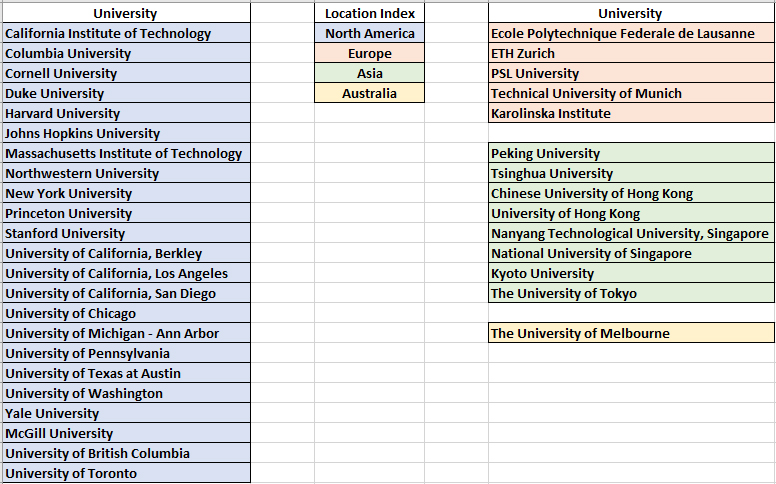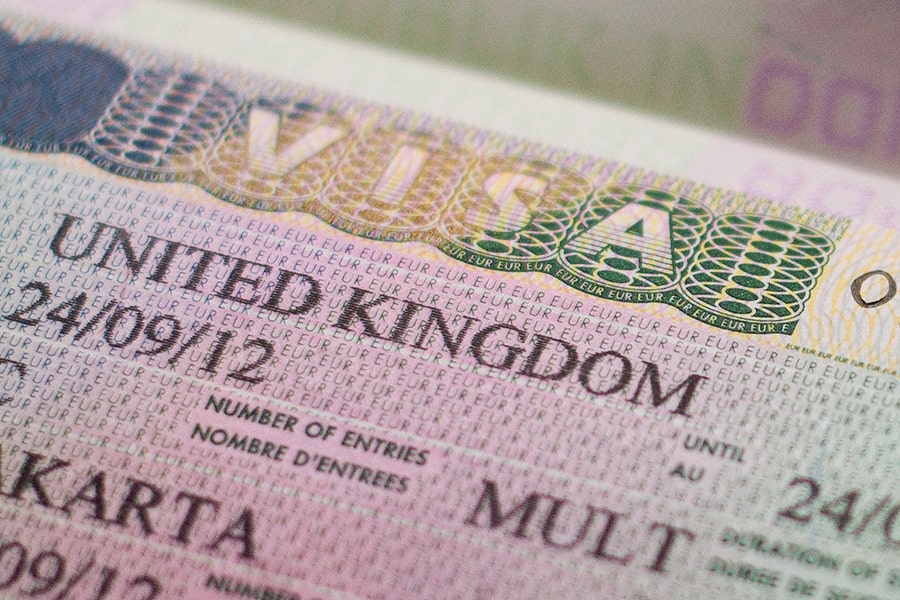Last month, the government announced a new addition to the points-based system which is designed to attract ‘the best and brightest’, this includes two new visa routes which will allow those who qualify to come to the UK with more flexibility than the general Skilled Worker route (https://www.vira.co.uk/skilledworkervisa):
- High-Potential Individual Route, aimed at students from elite universities,
- Scale-Up Route, aimed at employees of successful scale-ups.
For each, the usual immigration rules apply:
- A history of criminality or breaching immigration law will disqualify applicants
- Applicants must prove their ability to communicate in English at a B1 level
- Study is permitted only if it meets the Academic Technology Approval Scheme (ATAS) conditions
- Police registration will also be required for relevant nationals (see list here: https://www.gov.uk/register-with-the-police/who-needs-to-register)
On both routes, applicants will be allowed to bring their dependents (spouses/partners and children under 18).

High-Potential Individual Route:
This route ‘to maintain our status as a leading international hub’ will be introduced for anybody who has graduated in the five years prior to the date of visa application of specific non-British universities.
Those holding this visa will be allowed to work full-time at any skill level, including self-employment, and will not require employer sponsorship. This should be enticing for employers as well, as they will not need to jump through the cumbersome hoops of acquiring a sponsor licence (https://www.vira.co.uk/sponsor-licence-application) in order to hire skilled workers.
Eligible universities will be ranked in the top 50 global universities by at least two of the three most respected ranking organisations. This ranking will be published annually on the Global Universities List by the Home Office.
Assuming the Home Office uses the most recent rankings, those with a Bachelor’s or Master’s degree from one of the following universities will be granted a two years’ stay in the UK; a PhD, three years. Please note that this is an internally created list based on the university rankings and is not the official Global Universities List, which has not yet been published. It is simply to give an idea of who might qualify:

It is currently unclear as to whether or not this visa route will lead to permanent residency, or if visa-holders will need to find a different visa route if they wish to continue to live in the UK once they reach the end of their visa.

Scale-Up Route:
For applicants with job offers at the required skill level from recognised British scale-ups:
- A recognised scale-up will need to prove that they have ‘an annualised growth of at least 20% for the previous three-year period in terms of turnover or staffing. Companies will also need to have had a minimum of 10 employees at the start of this three-year period.’
- In addition to the scale-up requirements for employees, applicants themselves must prove they are skilled to a graduate level (RQF 6 and equivalent), and the job offer must pay at least £33,000 or the going rate for their particular occupation, whichever is higher.
- Crucially, following an initial six months employment with an initial sponsor (the scale-up), the visa holder will be allowed to switch employers, so long as they maintain the minimum salary. This is much more flexible than the Skilled Worker route, where a person’s immigration status is tied to their employer.
The initial visa will be granted for two years, with the option to extend three more years if the applicant can prove a salary of at least £33,000 for at least one of the two years they have lived in the UK.
After five years in the UK, those on the Scale-Up Route will be eligible for permanent residency if they can prove a salary of at least £33,000 for two of the three years prior to the permanent residency application.
In addition to the above two new routes, the Home Office has also announced a simplification of the routes which allow businesses to establish themselves in or transfer their staff to the UK. The Global Business Mobility Routes comprise of five routes; four replace older, more convoluted routes, and one is new.
For each, applicants must be employed by businesses which can be linked to their UK sponsor through either common ownership or a joint venture or have a contract with UK sponsor, depending on the route.
These routes are meant to be used to fulfil temporary needs of businesses and thus none lead to permanent residency. Visa-holders can, however, switch to another visa route if they meet the requirements and get onto a settlement route that way.
- Senior or Specialist Worker Route (Replacing the Intra-Company Route)
- For senior managers or specialist employees who need to perform a temporary work assignment in the UK.
- Graduate Trainee (Replacing the Intra-Company Graduate Trainee Route)
- For those who need to come to the UK as part of their graduate training course which will lead to a senior manager or specialist position.
- UK Expansion Worker (Replacing the Sole Representative provisions in the Representative of an Overseas Business Route)
- For senior managers or specialist employees who wish to come to the UK in order to expand their business’s UK presence.
- Service Supplier Route (Replacing the Contractual Service and Independent Professional provisions in the Temporary Work – International Agreement Route)
- For contractual service suppliers or self-employed professionals who need to come to the UK in order to perform a service covered under a UK-agreed trade agreement.
- Secondment Worker Visa (a new route)
- For workers who wish to come to the UK temporarily as part of a high value contract or investment.

Should you require any further information, please feel free to contact our consultants or email your queries to info@vira.co.uk thank you.


